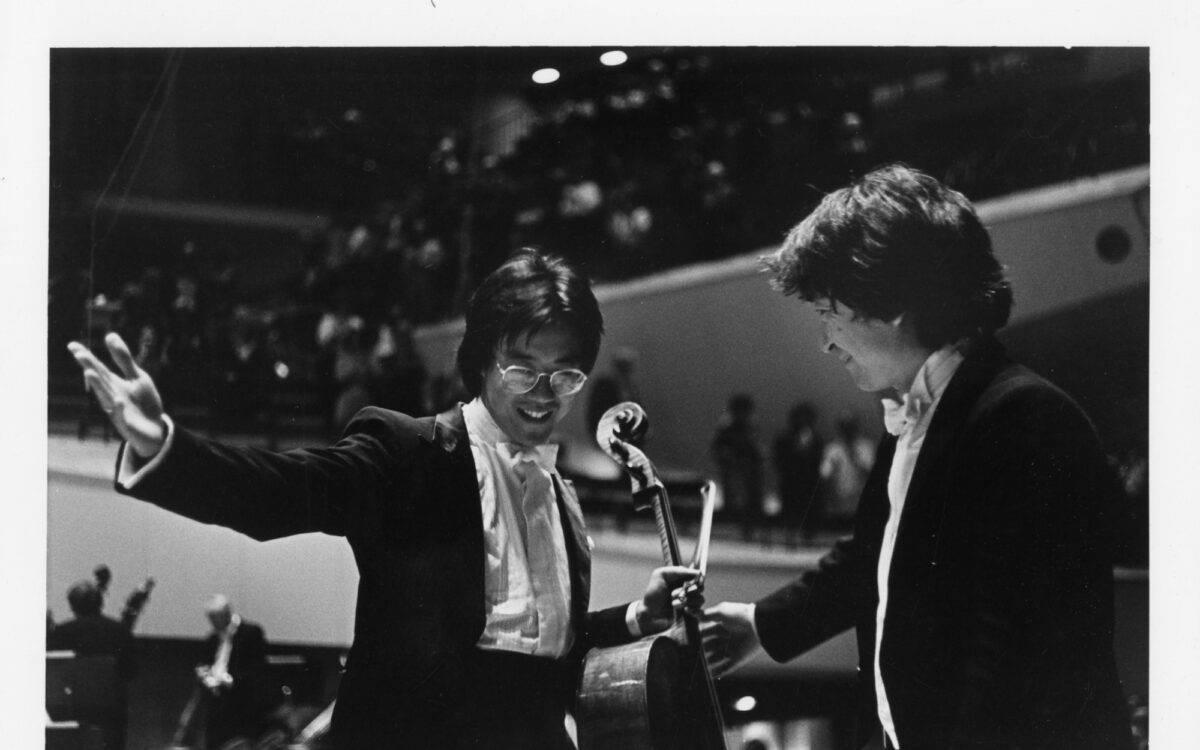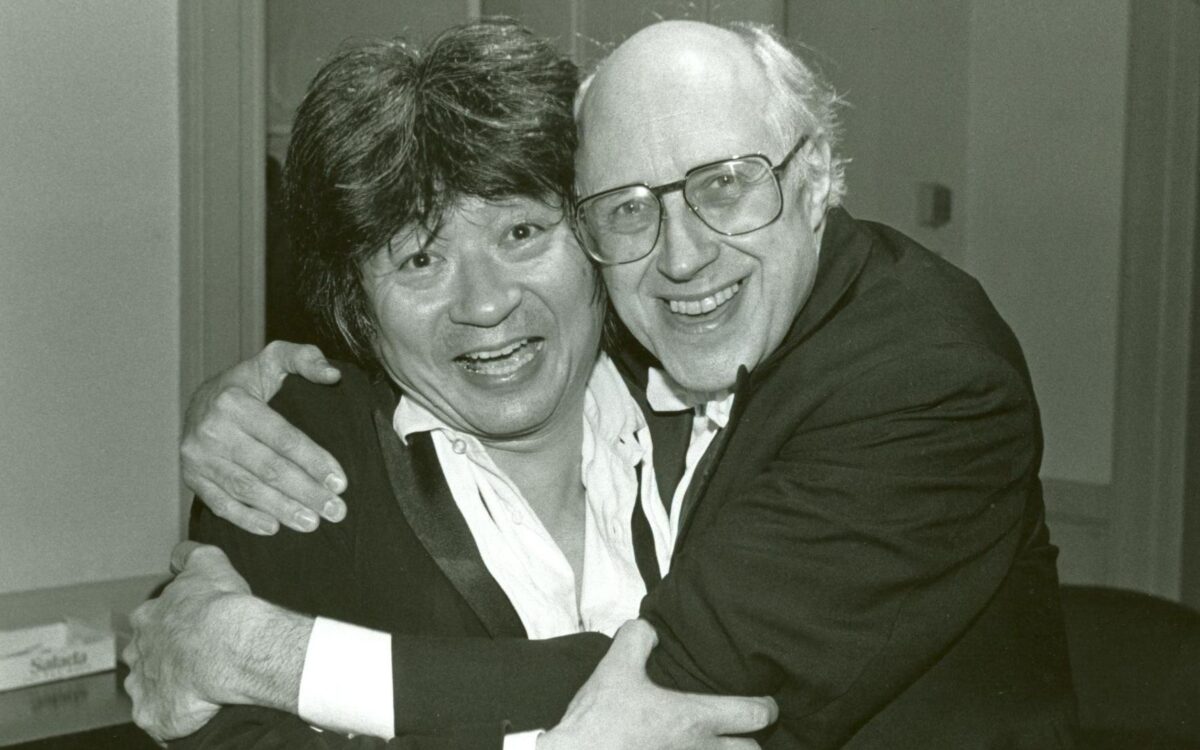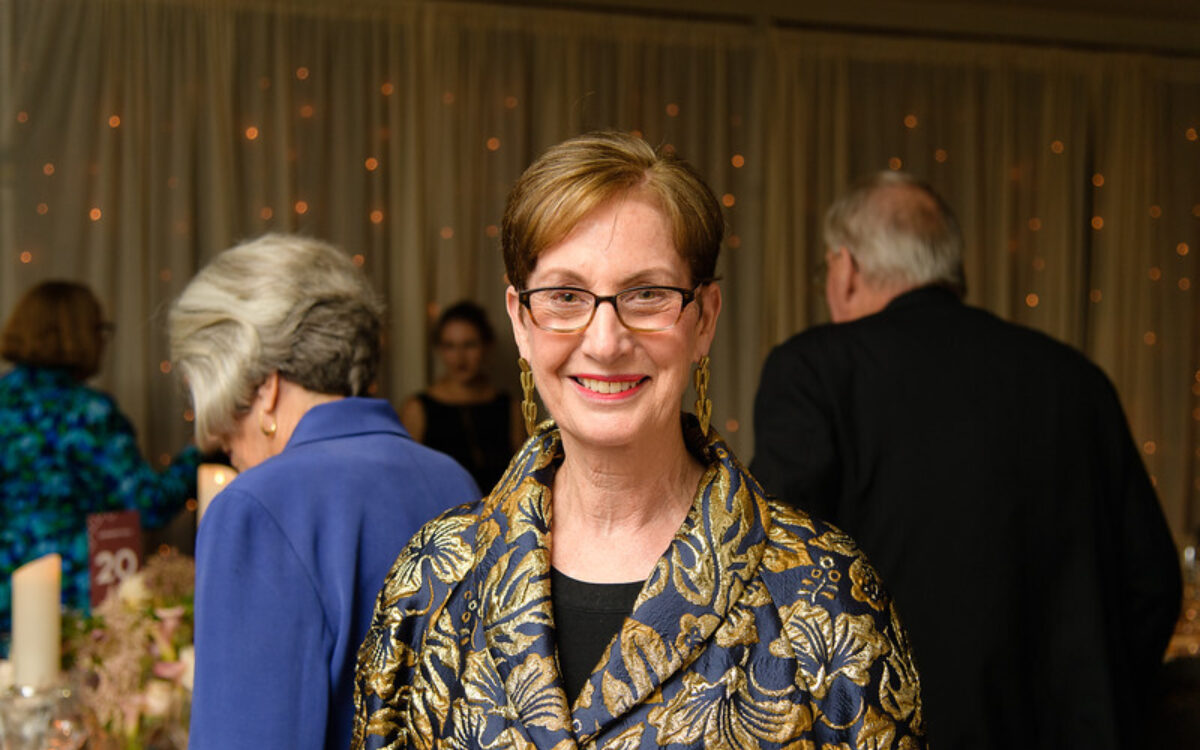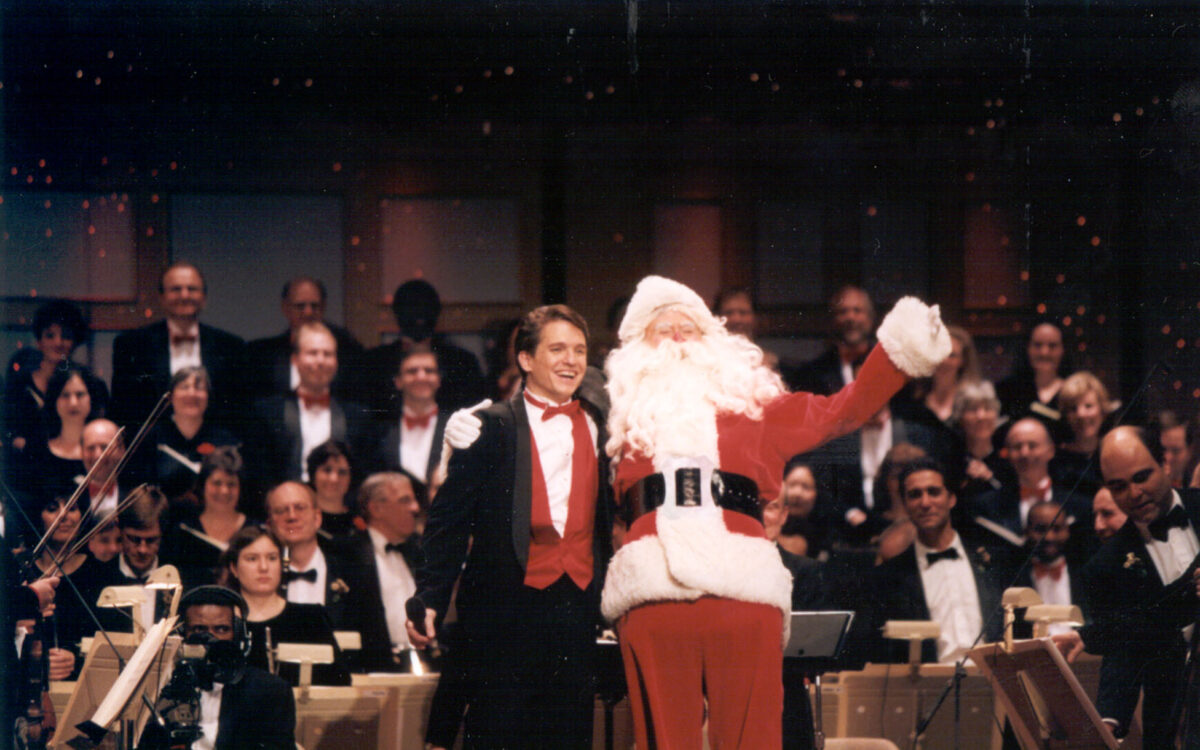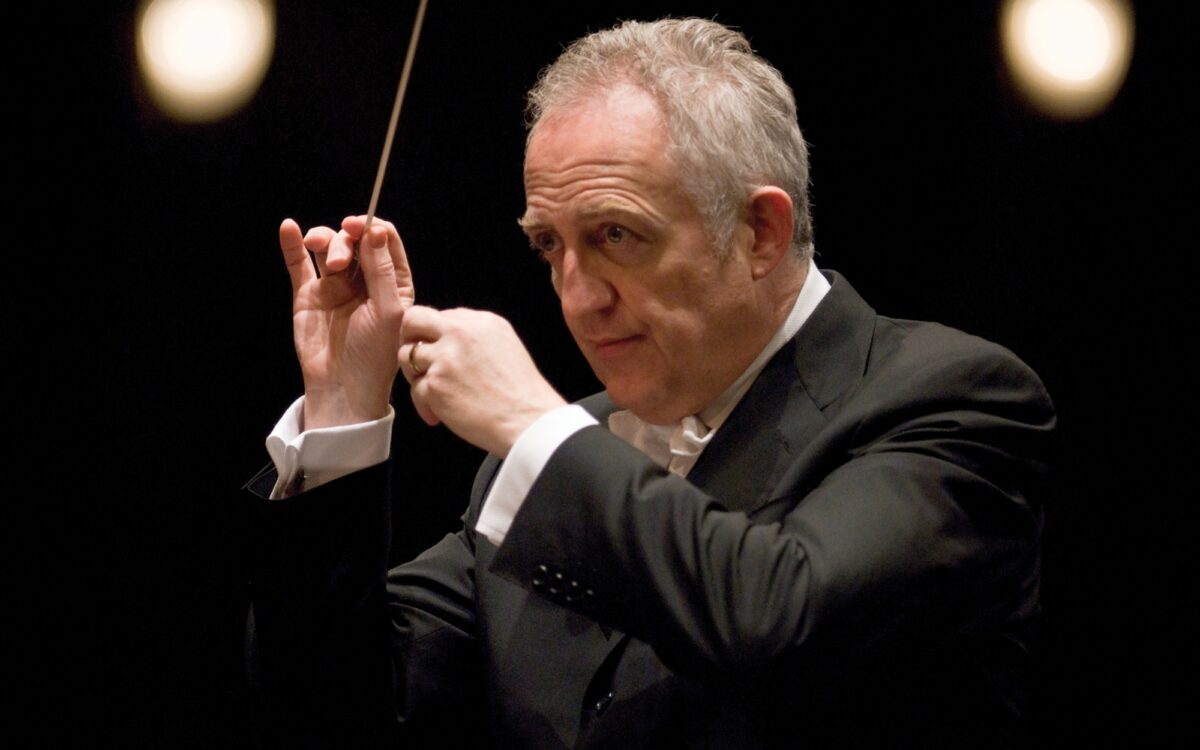A Tribute to Seiji Ozawa
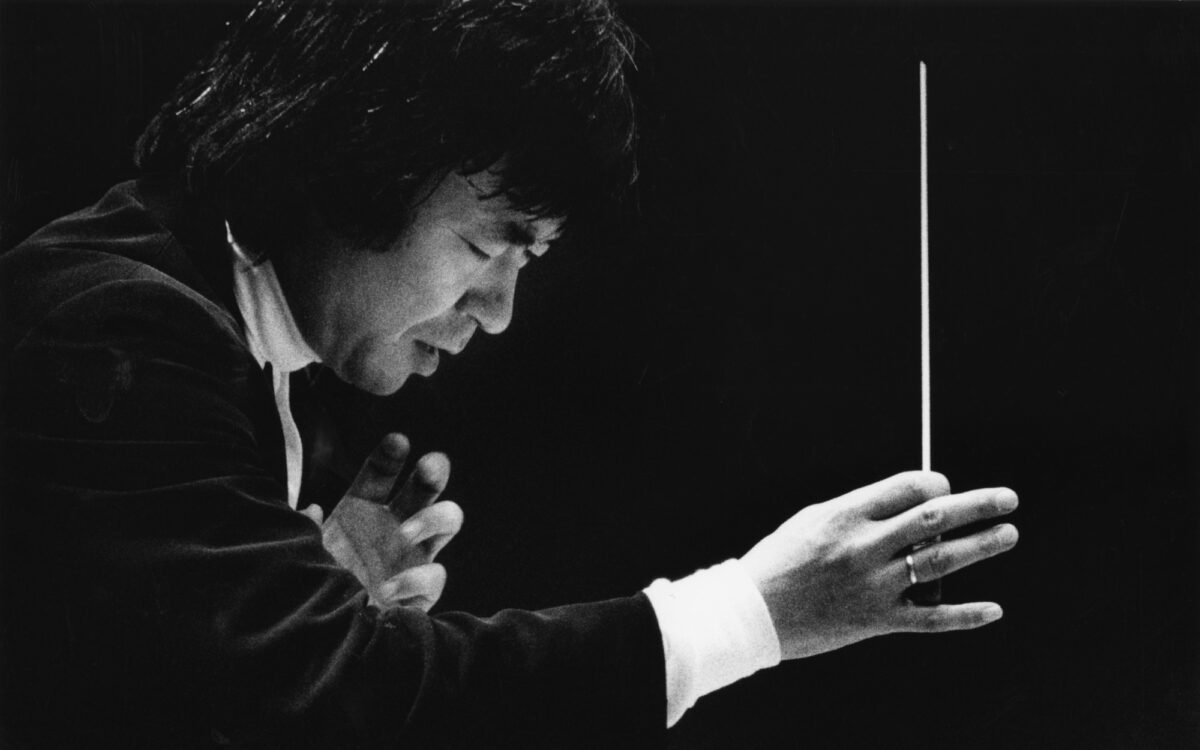
With great sorrow, the Boston Symphony Orchestra announces the death of its beloved Music Director Laureate, Seiji Ozawa. The Boston Symphony Orchestra’s longest-serving conductor, holding the title of Music Director for 29 years (1973–2002), Maestro Ozawa died on February 6, 2024, in Tokyo. He was 88 years old.
One of his generation’s most sought-after and celebrated conductors, Maestro Ozawa was born in Shenyang, China, in 1935 and from a young age studied piano and then conducting (under Hideo Saito) in Japan. He burst upon the musical scene in 1959, winning First Prize at the International Competition of Orchestra Conductors held in Besançon, France, and was invited the next summer to Tanglewood by then BSO Music Director Charles Munch, who was a judge at the competition. Later mentorships with Leonard Bernstein and Herbert von Karajan quickly propelled his career to directorships of the Toronto Symphony, San Francisco Symphony, Chicago Symphony’s Ravinia summer festival, and finally the Boston Symphony where, in 1973, he became the orchestra’s 13th music director, succeeding William Steinberg.
Under Seiji Ozawa, the Boston Symphony entered a global era, through a renewed commitment to commissions and contemporary music, a prolific number of recordings, radio, and television appearances, and history-making tours. He championed many of the most important composers of the late 20th century, including Henri Dutilleux, Peter Lieberson, Olivier Messiaen, and Toru Takemitsu; a total of 44 compositions were commissioned under his tenure, three of which went on to win Pulitzer Prizes in Music. Award-winning recordings of more than 140 works were also among his extraordinary output, featuring distinguished artists such as Yo-Yo Ma, Jessye Norman, Itzhak Perlman, and Peter Serkin. He won two Emmy Awards: in 1976, for PBS’ Evening at Symphony and in 1994, for Individual Achievement in Cultural Programming for Dvořák in Prague: A Celebration.
Other major highlights of Maestro Ozawa’s BSO tenure included a groundbreaking 1979 tour to China; the opening of Ozawa Hall at Tanglewood in 1994 in his honor; a global performance of Beethoven’s “Ode to Joy” with six choirs performing on five continents for the opening of the 1998 Winter Olympics in Nagano, Japan; and a jubilant millennium extravaganza performance at the foot of the Eiffel Tower in Paris.
The Boston Symphony Orchestra remembers Maestro Ozawa not only as a legendary conductor, but also as a passionate mentor for future generations of musicians, generously offering his time to education and master classes. Even after his departure from the Boston Symphony in 2002 (he was Vienna State Opera music director from 2002–2010), he retained a connection to Tanglewood and the Tanglewood Music Center, leading the TMC Orchestra in several performances. This all complements his important work in Japan with the Saito Kinen Orchestra, which he co-founded in 1984, and the Seiji Ozawa Matsumoto Festival, both leading to the establishment of the Ozawa International Chamber Music Academy Okushiga to provide opportunities to outstanding students from countries in the region. Maestro Ozawa also founded the Seiji Ozawa Music Academy Opera Project in 2000 and the Seiji Ozawa Music Academy Orchestra Project in 2009, working actively to cultivate young musicians through performance. In 2005, he established the Seiji Ozawa International Academy Switzerland to educate European music students.
A kind and thoughtful humanitarian; a musical genius who combined a balletic grace at the podium with a prodigious memory (he conducted the 1983 world premiere of Messiaen’s massive opera St. Francis of Assisi without a score); and an inveterate lover of all things Boston and its sports teams: Seiji was all these things and much more to his fans around the world. His legacy lives on through our many fond memories, collective and individual, and his unforgettable recordings. We extend our deepest sympathies to Maestro Ozawa’s family, friends, and the classical music community.
Statement from Chad Smith, Eunice and Julian Cohen BSO President and CEO
"A force of nature on and off stage, Seiji Ozawa brought the BSO to new heights of international recognition and acclaim in his almost three decades as our Music Director. He inspired audiences, fellow artists, and generations of music students through his extraordinary artistry and his adventurous and generous spirit. Seiji’s deep commitment to excellence, education, and service will continue to guide us as we move forward."
Statement from Andris Nelsons, Ray and Maria Stata BSO Music Director and head of Conducting at Tanglewood
“I am greatly saddened to hear the news of Seiji’s passing. Without question, Seiji Ozawa was one of the world’s greatest conductors, and the Boston Symphony Orchestra was privileged to have had such a long and productive relationship with him as music director.
Throughout my own journey as a conductor and as a young musician growing up in Latvia, I have found terrific inspiration in Seiji’s performances of both symphonic and operatic works, as well as his musical leadership. His remarkable recordings with the BSO, which spanned centuries of musical styles and genres, were among those that impressed me the most deeply. Later, as I began my tenure as Boston Symphony Music Director, I became keenly aware of the extraordinary impact that he had on this great institution, especially the incredibly talented players that joined the BSO under his nearly three-decadelong leadership. Beyond the conducting, Seiji’s uncompromising love of music and heartfelt respect for the musicians with whom he worked was a tremendous example of orchestra leadership.
I will always be grateful to Seiji for the kindness and warmth he showed me. I also recall so well and appreciate his enthusiasm for the city and people of Boston, Tanglewood—and the Boston Red Sox! He was a musician with a big heart, and I will greatly miss his humanity and serene grace. My thoughts are with Seiji’s family at this challenging time.”
Statement from Yo-Yo Ma
"For Seiji, music started with silence, a blank canvas. He would then paint and illustrate a whole universe in a way that the world had not seen before and rarely since. It is difficult to be a pioneer, and he did so with grace — serving as a source of hope and inspiration for me, especially as an Asian-American artist. To collaborate with him was to exchange intuition and emotion at the deepest level, but most of all I remember Seiji as a joyful, kind, caring human being."
Statement from John Williams
"The sad news of Seiji Ozawa’s passing brings to a close the life of one of the 20th Century’s most luminous musical performers. The world has lost a great artist, and I have lost a treasured friend.
Seiji was our musical director of the Boston Symphony for twenty-nine wonderful years… years in which he brought to our brilliant orchestra a broadened expanse of repertoire and a heightened degree of technical luster.
All of our condolences to go his beautiful family, and we will always relish the memory of this extraordinary man who brought so much beauty and light into our world."
Statement from Keith Lockhart, Julian and Eunice Cohen Boston Pops Conductor
"Seiji was a force of nature and an irrepressible spirit. What I will remember most about his conducting was its intense physicality...he tried to paint every nuance of every phrase with his body. What I will remember most about the person was his generosity of spirit; he so kind to and supportive of me during my early years in the BSO organization. Favorite Seiji memory? Driving down to Foxboro with him to see my first Pats game, and sitting on the bleachers in the freezing rain with him, cheering them on. I was kind of miserable, but Seiji was having the time of his life!"
Seiji Ozawa | In His Own Words
A Timeline of Seiji Ozawa with the BSO
Read More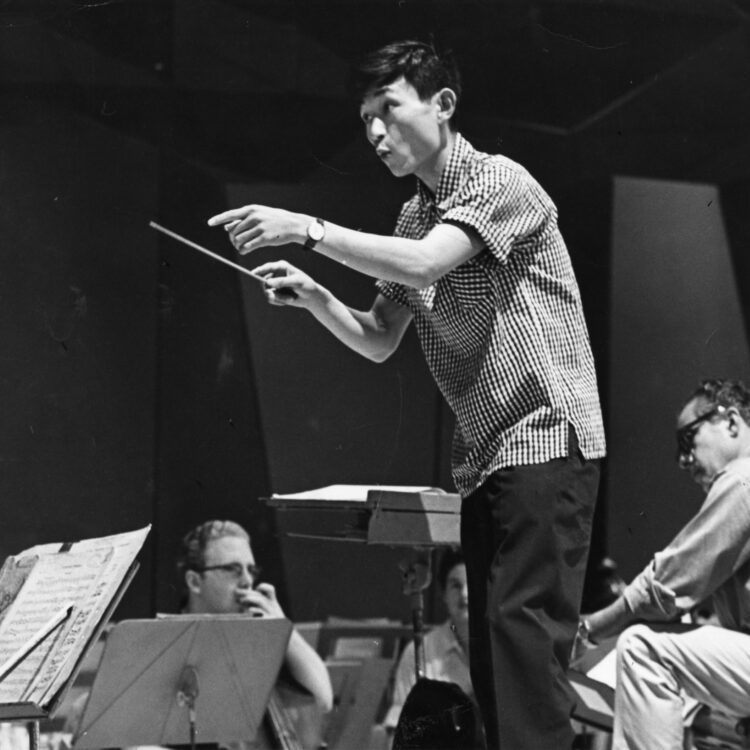
TMC conducting student Seiji Ozawa leads the TMC orchestra in a rehearsal while conductor Eleazar de Carvalho observes, ca. 1960
(Heinz Weissenstein)
Seiji Ozawa with Leonard Bernstein, 1980
(Peter Schaaf)
Seiji Ozawa in the Koussevitzky Music Shed at Tanglewood
(Walter Scott)
Seiji Ozawa conducting, ca. 1983
(Akira Kinoshita)
Seiji Ozawa conducting in Symphony Hall during the 1998-1999 BSO season
(Stu Rosner)
Seiji Ozawa boarding a plane departing from China, 1979
(Story Litchfield)
Seiji Ozawa and Yo-Yo Ma during the BSO's 1984 European Tour
(Lincoln Russell)
Seiji Ozawa and Mstislav Rostropovich, backstage at Symphony Hall, ca. 1985
(Lincoln Russell)
Seiji Ozawa
(Akira Kinoshita)
Keith Lockhart, John Williams, and Seiji Ozawa play the piano during the Symphony Hall Centennial Ball, October 12, 2000
(Miro Vintoniv)
Itzhak Perlman, Seiji Ozawa, and Yo-Yo Ma backstage during the BSO European Tour, December 1993
(Lincoln Russell)
Andris Nelsons and Seiji Ozawa backstage at Symphony Hall in 2013
(Marco Borggreve)






